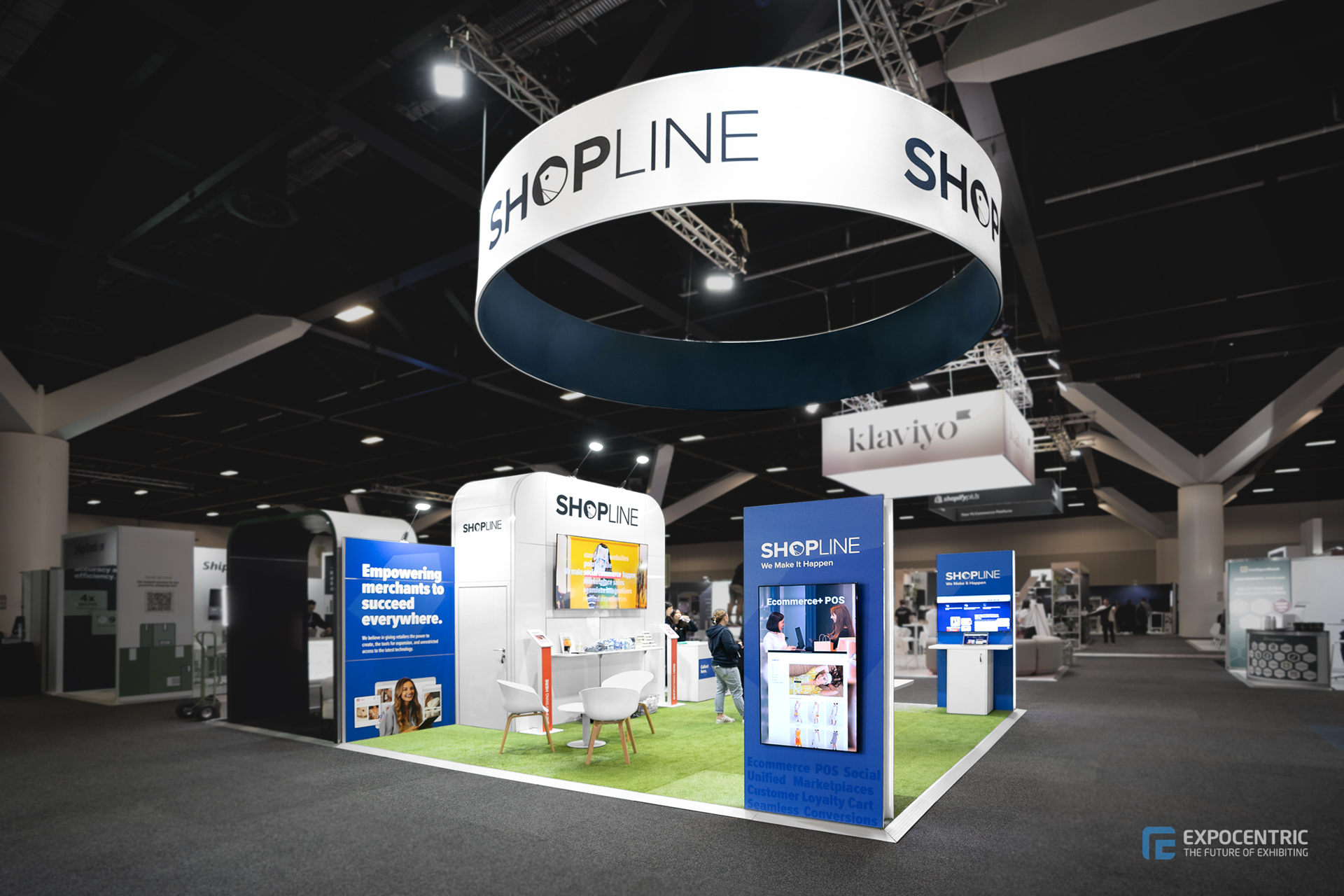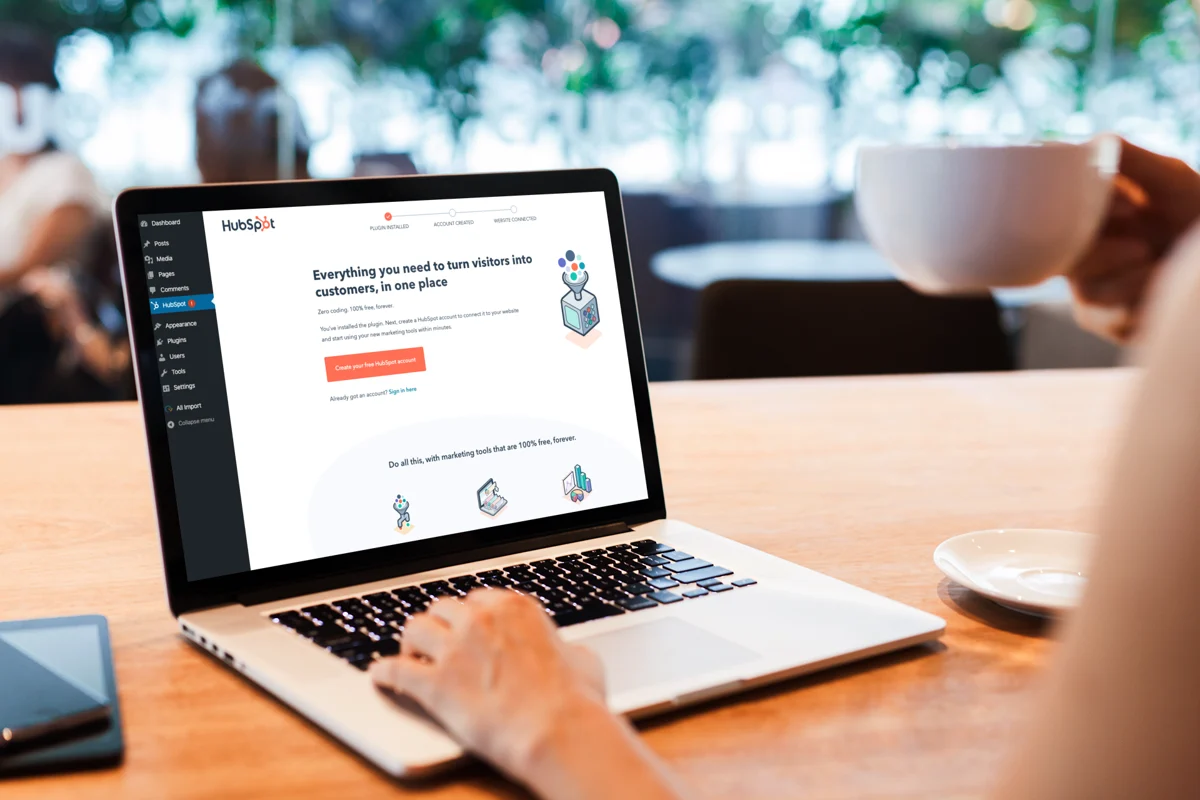ROI three simple letters that puts one half to sleep in an instant, whilst ironically keeps the other half tossing and turning all night. Although we much prefer to be designing, developing and creating masterpieces for your next event, we do appreciate that a successful event is only as successful as the event’s ROI.

What is event ROI?
In order to achieve it, you must first understand it. ROI is return on investment and holistically is the amount of profit a company makes throughout a particular period. Event marketers however are familiar with event ROI. Event ROI is the return on investment a specific event (and in our case exhibitions) will bring to a company. Unlike traditional ROI it isn’t as simple as just the finances.
When understanding event success and calculating event roi a company must consider everything used to create a successful event. It is important to note that whilst ROI is typically measuring net costs, for events that consider other determining factors, ROI will provide net value.
Calculating ROI
Return on investment is often depicted as a percentage and highlights the profitability of an event. Whilst the equation is simple, understandably there are a number of factors that need to be taken into consideration to calculate event roi.
To determine the percentage increase or decrease in profits the following formula can be used:

Setting event goals & objectives
What is the difference between goals and objectives? Event goals are the overall aim for a company when planning for an event. This will include what the event will enable a company to achieve. Objectives however are specific measurable and attainable steps that will be taken to achieve the goals.
Event Goals
Whilst the primary goal of return on investment is to profit, further consideration should be given when determining the event roi goals. Companies should look at the overall goals of their event. Typically they may include the following:
- Increase in sales
- Brand awareness
- Lead generation
- Product education
From determining the overall goals, the company can shape their marketing campaigns and event strategies to their target audience thus working to achieve their goals and defining their objectives.
Objectives
Objectives are the practices your company will take to accurately measure their goals. Each objective determined should follow the SMART method to ensure at the completion of the event they can be measured accordingly.

An example of a goal and then objective may include:
Goal: Increase in sales
Objective: Receive 1000+ new leads throughout the two day event.
The goal details an overall achievement a company would like to make, however the objective details the specific action that needs to be taken to achieve the goal at future events.
ROI Metrics
With the goals and objectives deciphered, companies can begin to align them to their return on investment measurements. To measure event roi companies can look to match the goals to roi metrics.
Brand Awareness
Brand awareness looks at how a company will look to extend the exposure of their business to relevant audiences. Metrics that work to develop this include:
- Number of registrations
- Number of social media impressions
- Number of media placements
- Number of website visits



Sales Revenue
Sales revenue understands event ROI as considering the number of sales a company makes in return for its event marketing. There are a number of types of sales revenue to take into consideration:
- Number of prospects added to a database
- Number of sales made
- Number of accounts closed and won
- Dollar value of sales pipeline created

Customer Education
Customer education takes into consideration the information provided to customers and retained, as well as satisfaction received by event attendees. Metrics that can be taken into consideration include
- Number of active users
- Number of demonstrations provided
- Number of samples provided
- Event survey participants
- Number of client appointments


Event Engagement
Event engagement can be experienced beyond the event itself. Companies should also consider social media engagement, event app engagement and engagement within sessions onsite.
- Number of questions asked
- Number of live poll responses received
- Number of event app downloads
- Number of company mentions on social media
- Number of hashtag mentions on social media
- Number of social media followers

Recruitment
Event marketing attribution can often go toward the amount of recruitment received throughout the event process. Event planners will often put their efforts into recruitment for their event to drive new leads and increase brand awareness. Metrics in line with recruitment include:
- Number of new leads added to the database
- Number of new employees recruited
With the goals aligned with the correct event ROI data required, event organisers can look to obtain their data.
Obtain Data
Event marketing ROI relies heavily on the event data received. Ultimately with no data companies cannot measure event ROI. Companies should use a considered approach to obtain accurate data when preparing their event. With the metrics understood, a company can look at a number of ways to obtain and track their data.
Data Technology
Event technology is becoming increasingly more important to track data, however, there is no one piece of technology that can track all metrics. Following are three types of technology that can help support your company to measure event ROI.


Marketing Platforms
Whilst you may not necessarily only need marketing platforms to measure roi they do support roi tracking. Marketing platforms are the technology used to distribute some of the key marketing messaging in the lead up to an event. Two key marketing distributions are eDM’s and social media.
For eDMs companies can consider using a mail distribution like Mailchimp or Hubspot. Both of these platforms are database management systems and can distribute emails.
There are a number of paid and unpaid social media platforms that not only distribute social media posts but analyse performance on these posts. Consider using free platforms like Later, or a paid platform like Falcon.
TIP: Consider social media platforms that can track paid social media performance for streamlining analysis.
CRMs
CRMs or Customer Management Relationship Systems are programs that store and steamline database management. Some of the most strongly regarded CRMs include Salesforce, ZOHO and Pipedrive.
Attribution Platforms
An attribution platform is a piece of software that can attribute value to different marketing practices, helping quantify the company’s marketing efforts. Google Analytics is one attribution platform that should be a piece of event technology considered for all companies.
Once the company can gather data, they are then able to begin to understand its impacts.

Analyse data
With objectives confirmed, metrics aligned and data received the remaining piece of the roi puzzle is understanding the event value and event revenue.
With the support of the data technology, the received data will begin to paint the picture of both outgoing costs, incoming revenue and value received. When understanding the event cost ensure the company considers the man hours also utilised by the event marketer, event organiser, sales team and others.
Once the data is analysed, compare your outgoings, and future incomings with your bottom line to understand whether your return on investment is worthwhile.
Expo Centric understands that not every company we work with has an accountant on hand, or may just be in that group of people that ROI puts to sleep. If this sounds like you, or you would like to speak more on what we do, speak to one of our team members today.
